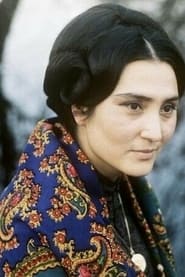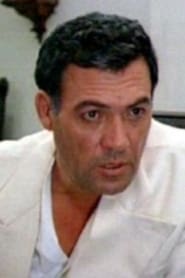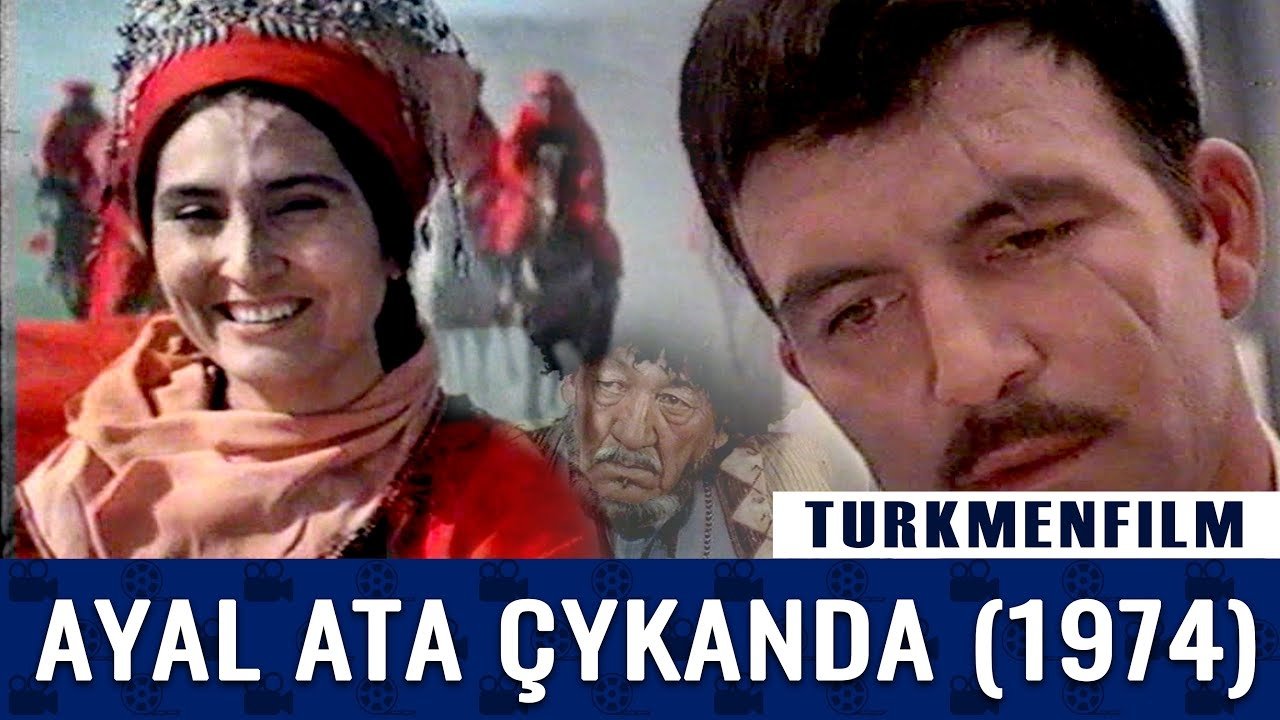
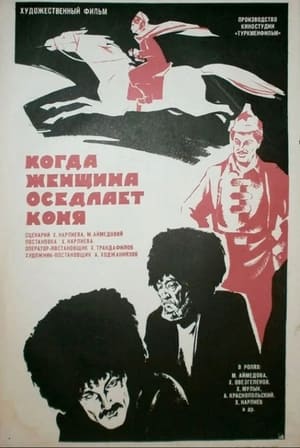
When a Woman Saddles a Horse(1974)
Biographical film about Eyne Kuliyeva, who was the first woman to be the head of a local governance in 1920s Soviet Turkmenistan.

Movie: When a Woman Saddles a Horse
Top 5 Billed Cast

Aýal ata çykanda
HomePage
Overview
Biographical film about Eyne Kuliyeva, who was the first woman to be the head of a local governance in 1920s Soviet Turkmenistan.
Release Date
1974-01-01
Average
0
Rating:
0.0 startsTagline
Genres
Languages:
PусскийKeywords
Similar Movies
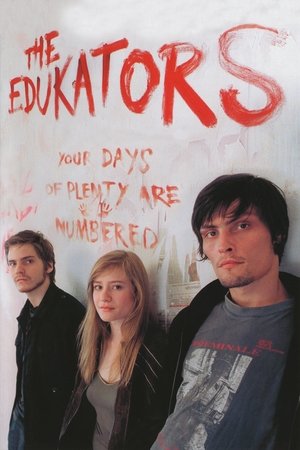 7.2
7.2The Edukators(de)
Three activists cobble together a kidnapping plot after they encounter a businessman in his home.
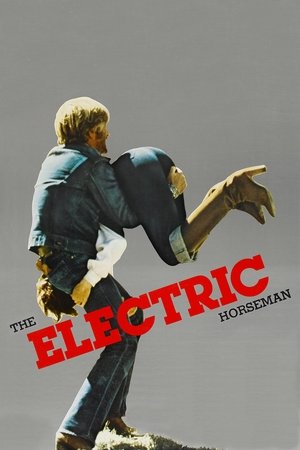 6.1
6.1The Electric Horseman(en)
A former champion rodeo rider is reduced to using his saddle skills to promote a breakfast cereal in a gaudy Las Vegas show. When he's asked to perform with a $12 million horse, he discovers it is being doped to remain docile. He flees into the desert astride the beast in an act of defiance. A story-hungry female reporter gives chase.
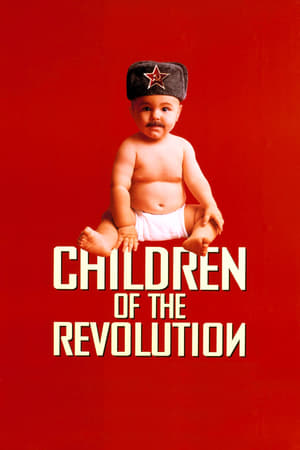 5.7
5.7Children of the Revolution(en)
A man (Richard Roxburgh) the Australian government blames for 1990s political woes blames his mother (Judy Davis), a communist Stalin seduced in 1951.
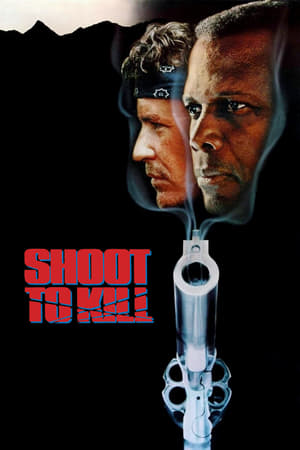 6.6
6.6Shoot to Kill(en)
When a cunning murderer vanishes into the rugged mountains of the Pacific Northwest, pursuing FBI agent Warren Stantin must exchange familiar city streets for unknown wilderness trails. Completely out of his element, Stantin is forced to enlist the aid of expert tracker Jonathan Knox. It's a turbulent yet vital relationship they must maintain in order to survive... and one that becomes increasingly desperate when Knox's girlfriend Sarah becomes the killer's latest hostage!
 5.2
5.2The Exit Room(en)
Imprisoned journalist Joseph Michaels faces a government execution during a future American Revolution.
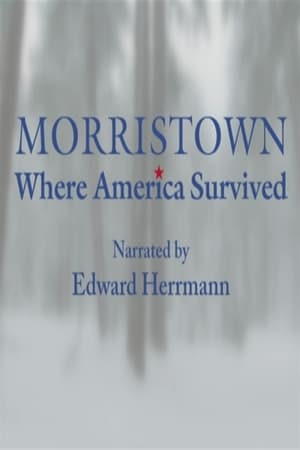 0.0
0.0Morristown: Where America Survived(en)
A thirty-minute High Definition documentary which revisits that winter of 1779-80 when Washington’s troops arrived at the densely-wooded area just south of Morristown known as Jockey Hollow, to build a log hut city for their winter camp. The film is an eye-opening look at how the camp saved the army – and the American Revolution – from the brink of disaster. Based on John T. Cunningham’s book The Uncertain Revolution and shot on location at Morristown National Historical Park, Morristown: Where America Survived is narrated by award-winning actor Edward Herrmann, who has voiced many history documentaries over his extensive career. The program was produced by New Jersey Network.
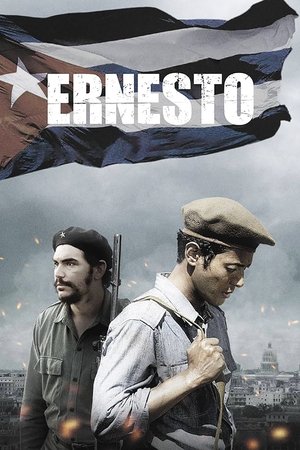 7.0
7.0Ernesto(ja)
Freddy Maemura Hurtado, a second-generation Japanese-Bolivian, heads to Cuba to study medicine. He meets revolutionist Che Guevara. When civil war breaks out in Bolivia, he decides to join Guevara’s revolutionary army under the name of “Ernesto Medico”.
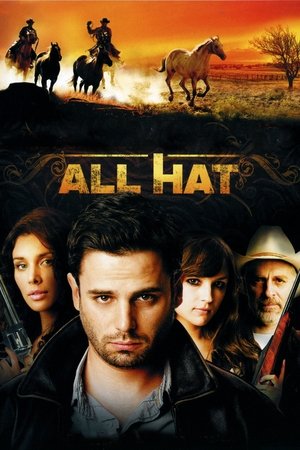 3.1
3.1All Hat(en)
An ex-con returns to his rural Ontario roots and outwits a corrupt and wealthy thoroughbred owner trying to take over a slew of local farms. Ray Dokes, a charming ex-ballplayer, returns from jail to discover the rural landscape of his childhood transformed by urban development. Determined to stay out of trouble, Ray heads to the farm of his old friend Pete Culpepper, a crusty Texas cowboy who trains losing racehorses and whose debts are growing faster than his corn.
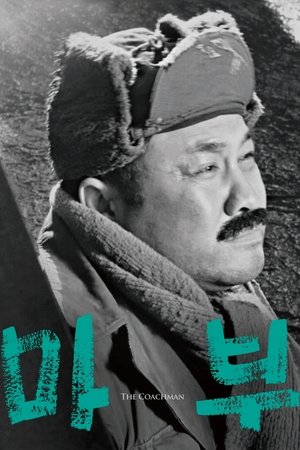 6.2
6.2The Coachman(ko)
A man tries to raise his two sons and two daughters under some of the most adverse conditions known to man. The father operates a horse-drawn cart, but in a city that is modernizing after the destruction of the Korean War, automobiles are making carts obsolete. The children are experiencing difficulties as well. The eldest son has flunked the bar exam twice and is not hopeful of passing it a third time to become a lawyer. The eldest daughter is mute and married to an abusive husband. The younger daughter tries to pose as a rich university student to move up in life. The youngest son has a penchant for petty theft.
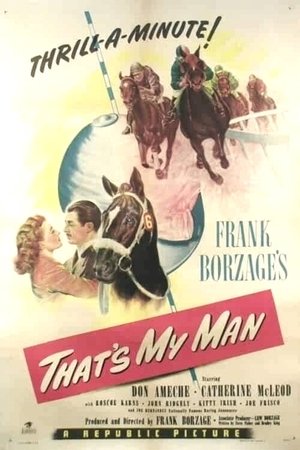 6.0
6.0That's My Man(en)
A poor young man is finally able to achieve his dream of running a horse at the track, but when he starts becoming successful, he begins to lose sight of what mattered to him before.
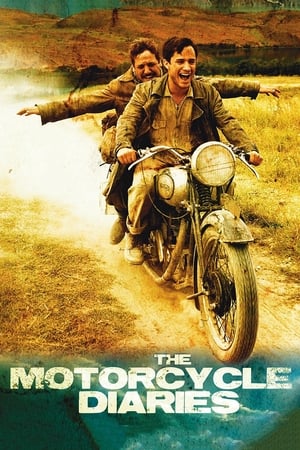 7.4
7.4The Motorcycle Diaries(es)
Based on the journals of Che Guevara, leader of the Cuban Revolution. In his memoirs, Guevara recounts adventures he and best friend Alberto Granado had while crossing South America by motorcycle in the early 1950s.
 5.7
5.7Animal Farm(en)
Animals on a farm lead a revolution against the farmers to put their destiny in their own hands. However this revolution eats their own children and they cannot avoid corruption.
 8.0
8.0Lawrence of Arabia(en)
The story of British officer T.E. Lawrence's mission to aid the Arab tribes in their revolt against the Ottoman Empire during the First World War. Lawrence becomes a flamboyant, messianic figure in the cause of Arab unity but his psychological instability threatens to undermine his achievements.
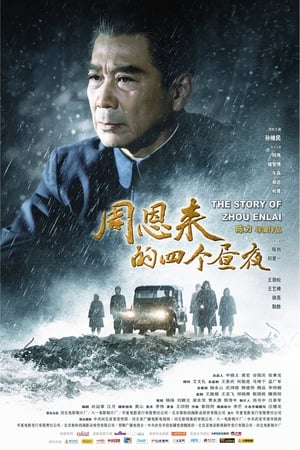 6.5
6.5The Story of Zhou Enlai(zh)
With a unique perspective of the accompanying cameraman of Premier Zhou Enlai, the film tactfully tells the story that Premier Zhou went to the old revolutionary base area of Hebei Province at the beginning of the 1960s when our country suffered from the Great Chinese Feminine. He made in-depth research in Boyan commune of Handan District, work closely with the masses, followed up a clue and seized the culprit in four days and nights.
 7.6
7.6The Last Emperor(en)
A dramatic history of Pu Yi, the last of the Emperors of China, from his lofty birth and brief reign in the Forbidden City, the object of worship by half a billion people; through his abdication, his decline and dissolute lifestyle; his exploitation by the invading Japanese, and finally to his obscure existence as just another peasant worker in the People's Republic.
 6.4
6.4Eight Miles High(de)
Achim Bornhak's movie focuses on the restless life of Uschi Obermaier, the icon of the 1968 movement in Germany and groupie. At the age of 16, Uschi is bored by her job in a photo lab, but soon becomes the "it girl" of Munich's club scene. When she gets to know Rainer Langhans, they move to Berlin and live in "Kommune 1", the first politically-motivated commune in Germany. While the other occupants claim she isn't political enough, Uschi just wants to have fun, works as fashion model and leads international music stars in temptation.
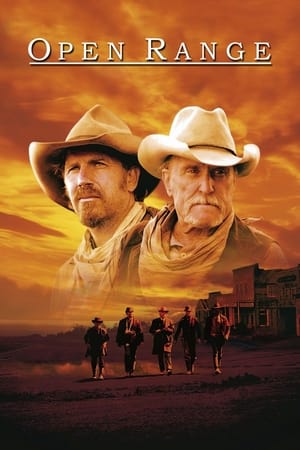 7.2
7.2Open Range(en)
A former gunslinger is forced to take up arms again when he and his cattle crew are threatened by a corrupt lawman.
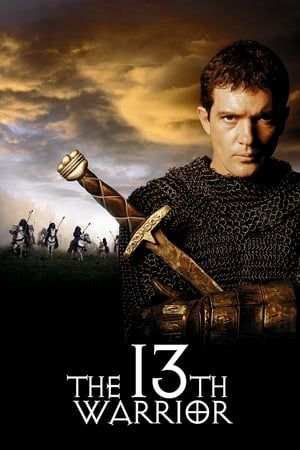 6.7
6.7The 13th Warrior(en)
A Muslim ambassador exiled from his homeland joins a group of Vikings, initially offended by their behavior but growing to respect them. As they travel together, they learn of a legendary evil closing in and must unite to confront this formidable force.
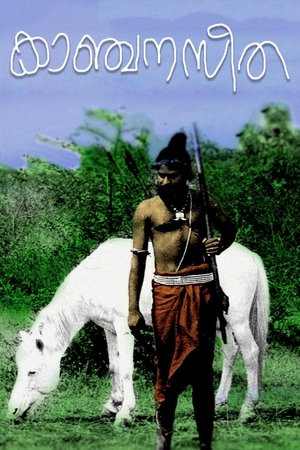 6.3
6.3Kanchana Sita(ml)
The film interprets a story from the Uttara Kanda of the epic poem Ramayana, where Rama sends his wife, Sita, to the jungle to satisfy his subjects. Sita is never actually seen in the film, but her virtual presence is compellingly evoked in the moods of the forest and the elements. The film retells the epic from a womens' liberationist perspective, and is about the tragedy of power and the sacrifices that adherence to dharma demands, including abandoning a chaste wife.
